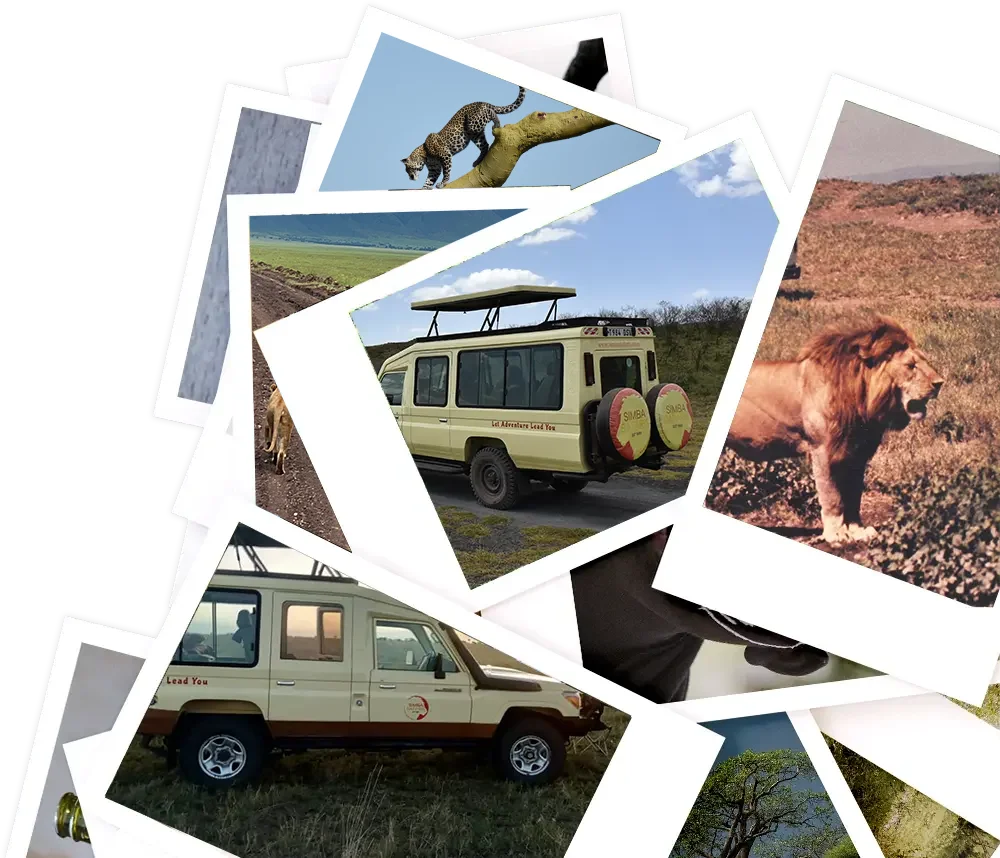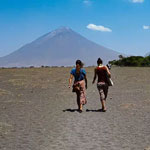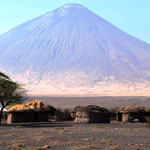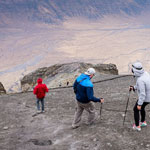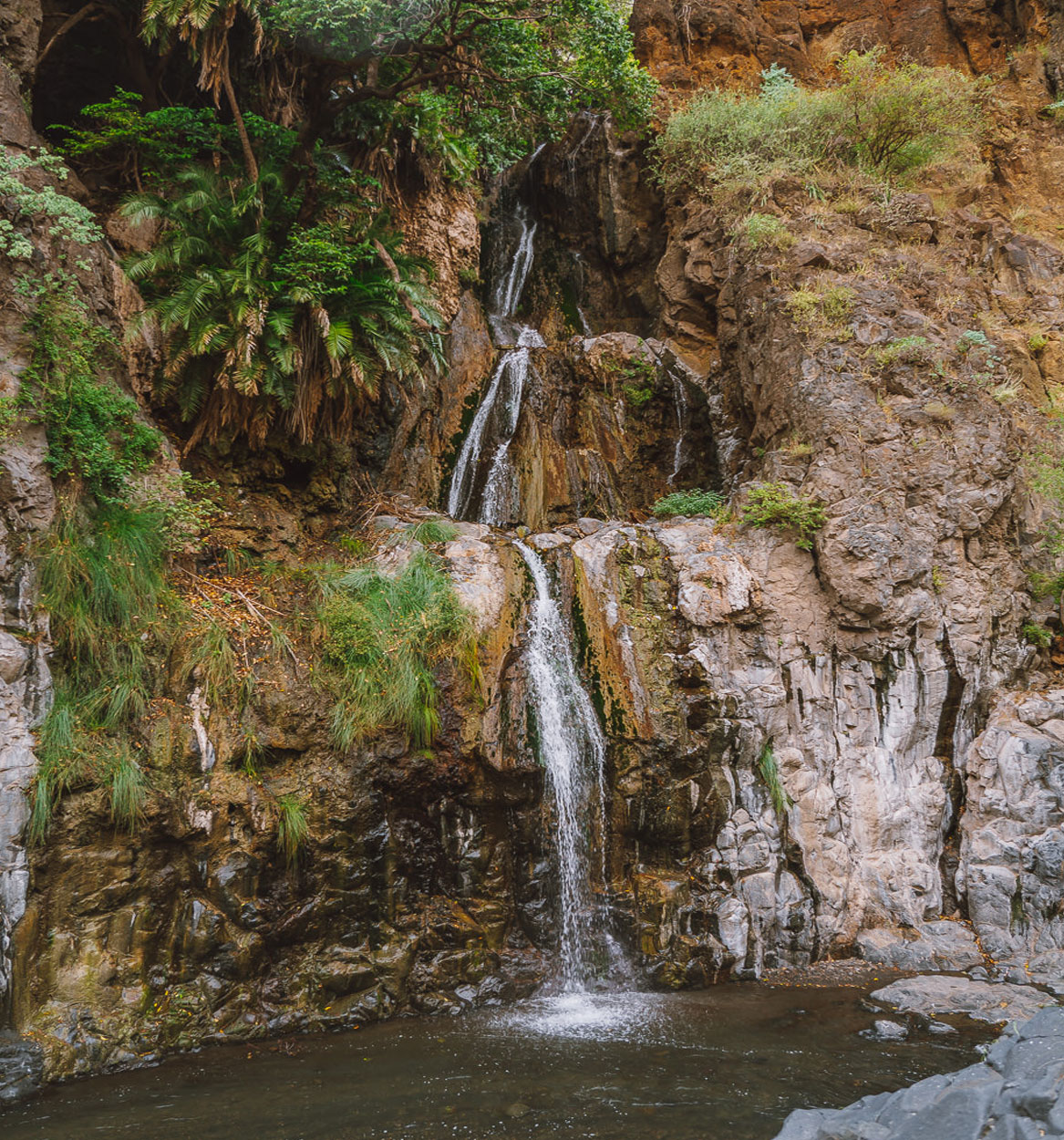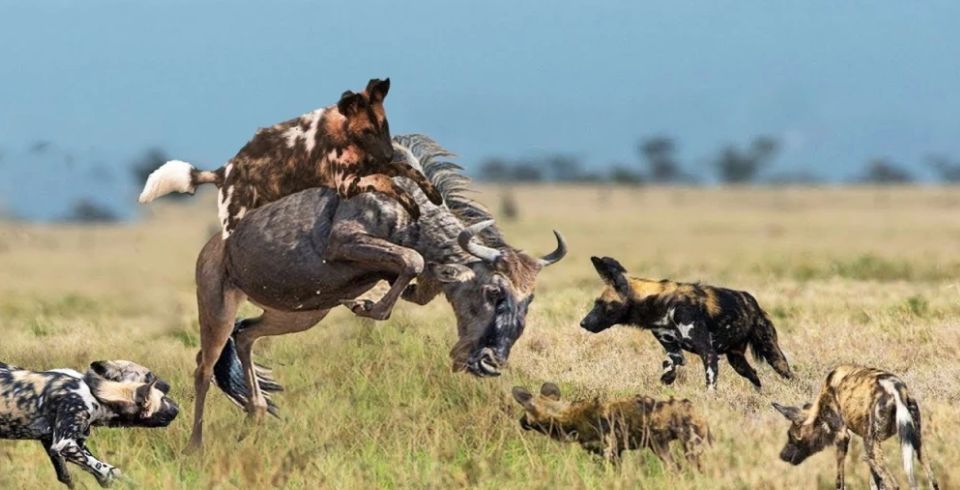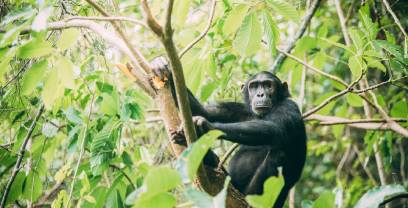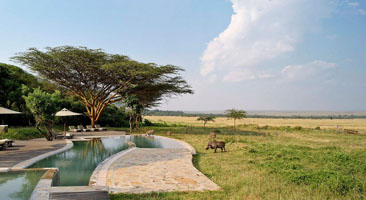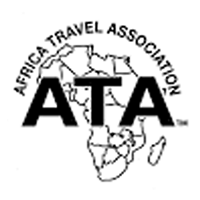Where Fire Meets Water and Wildlife Thrives
Lake Natron, nestled beneath the volcanic slopes of Ol Doinyo Lengai, is a surreal soda lake in northern Tanzania. Known for its red-tinged waters, dramatic landscapes, and vast flamingo populations, it’s a rare ecosystem of haunting beauty, offering adventure, wildlife encounters, and geological wonders like no other.
Destination
On Request
1-6
Highlights
Lake Natron
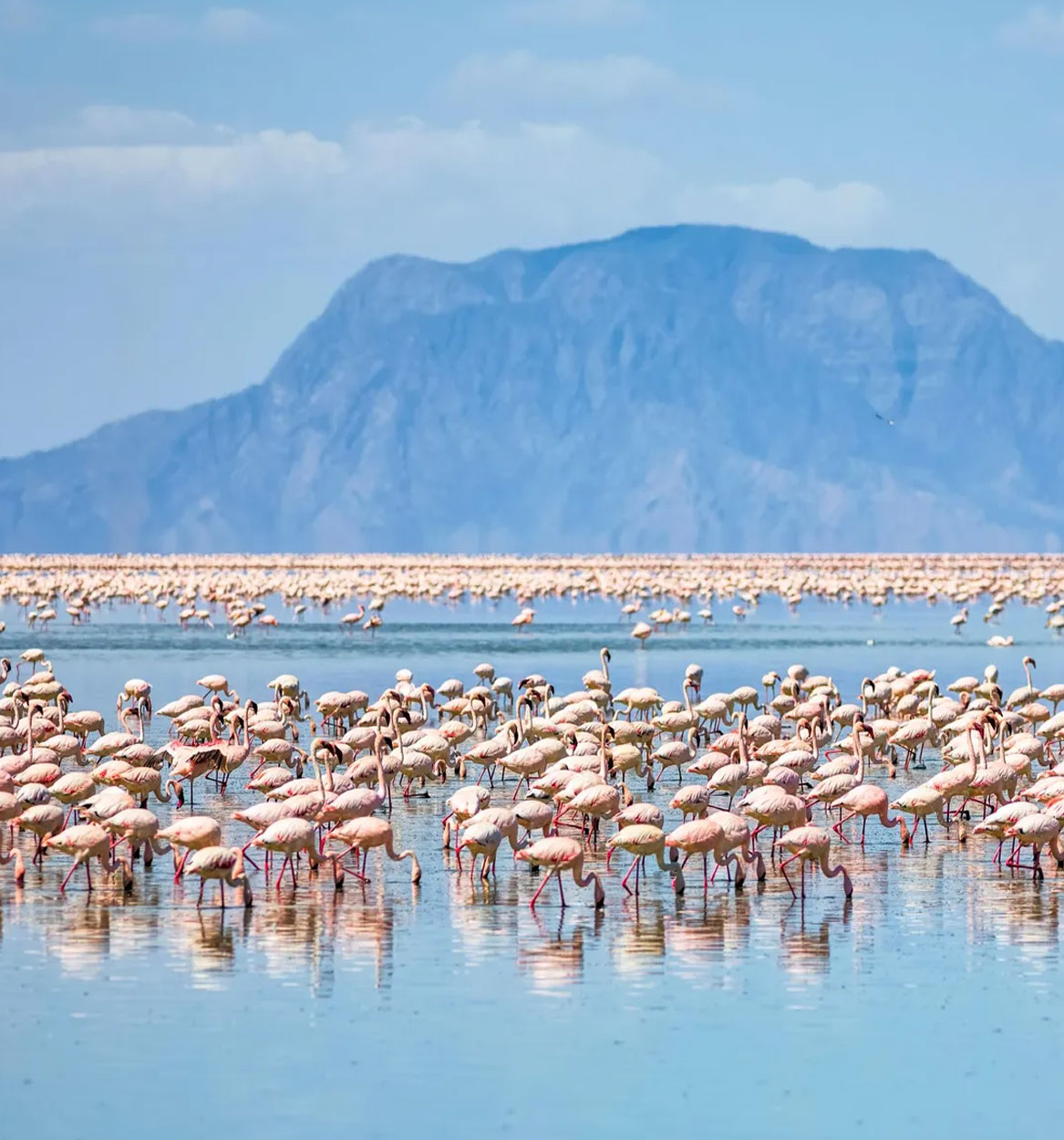
Nesting Grounds of Thousands
Lake Natron is a major breeding site for lesser flamingos. During peak season, the lake turns pink with thousands of birds nesting safely on salt islands, protected by the lake’s high alkalinity—a stunning and surreal wildlife spectacle.
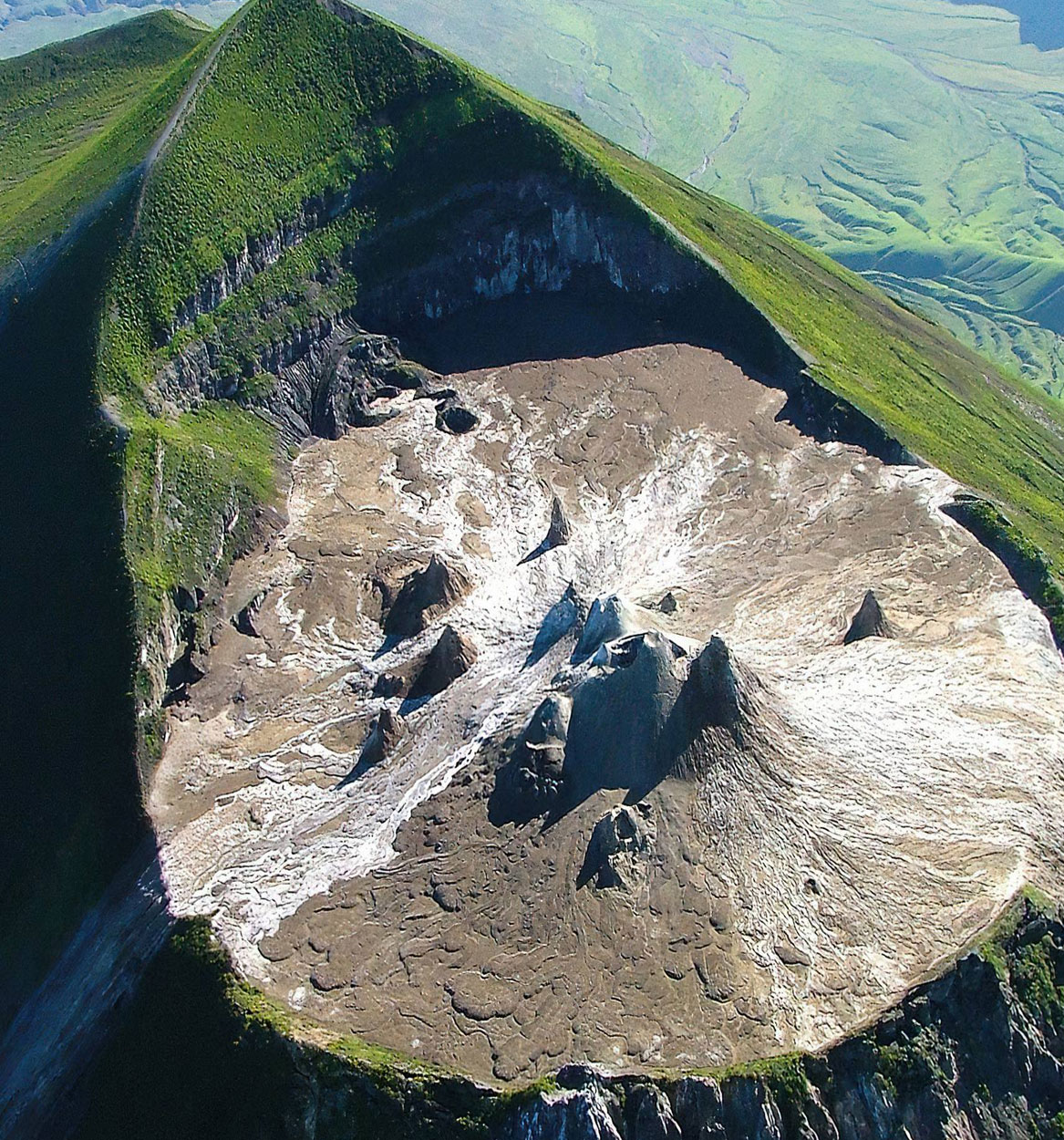
Climb the Mountain of God
Ol Doinyo Lengai towers beside Lake Natron, inviting adventurous climbers to ascend by night. This active volcano offers smoky craters, spiritual significance, and unforgettable sunrise views over the Rift Valley and shimmering lake below.
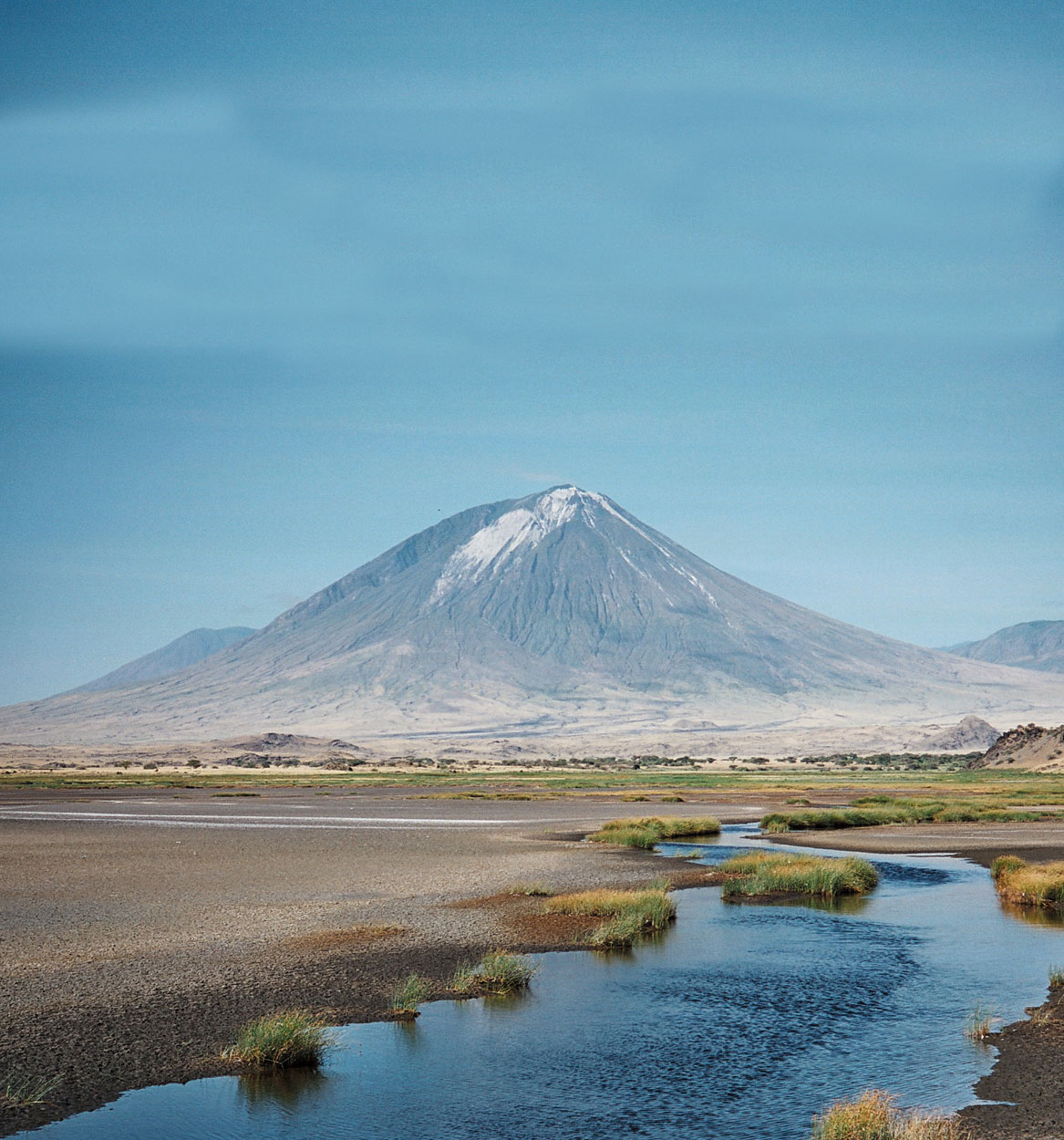
Wild Walks and Volcanic Wonders
Explore Natron’s soda flats, red waters, and petrified wildlife remains on guided walks. Encounter giraffes, gazelles, and local Maasai communities as you traverse this dramatic, volcanic landscape where nature and culture thrive side by side.
Cultural & Activities
Arusha City

Lake Natron
Lake Natron Walk
Half Day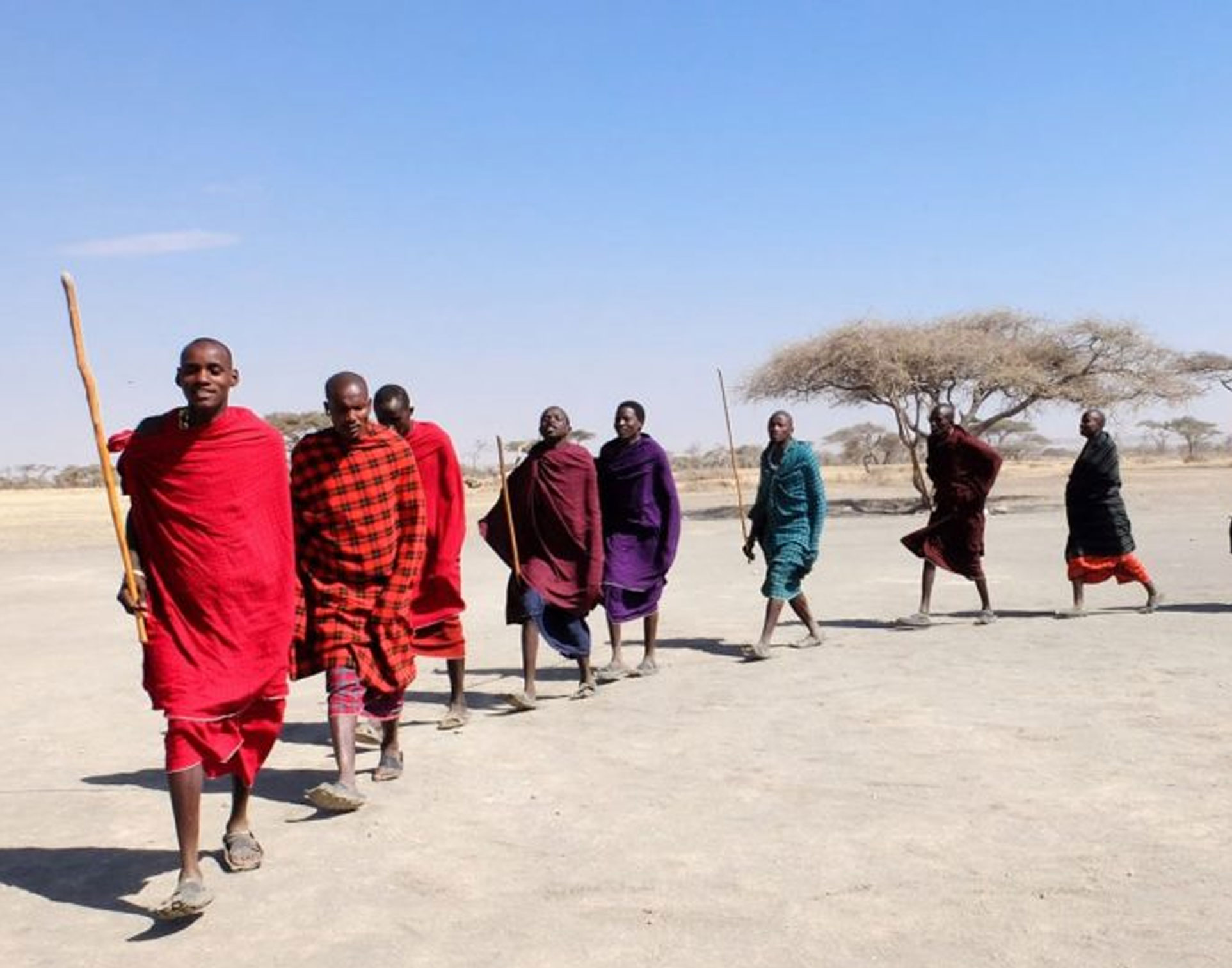
Lake Natron
Cultural Walk
Half Day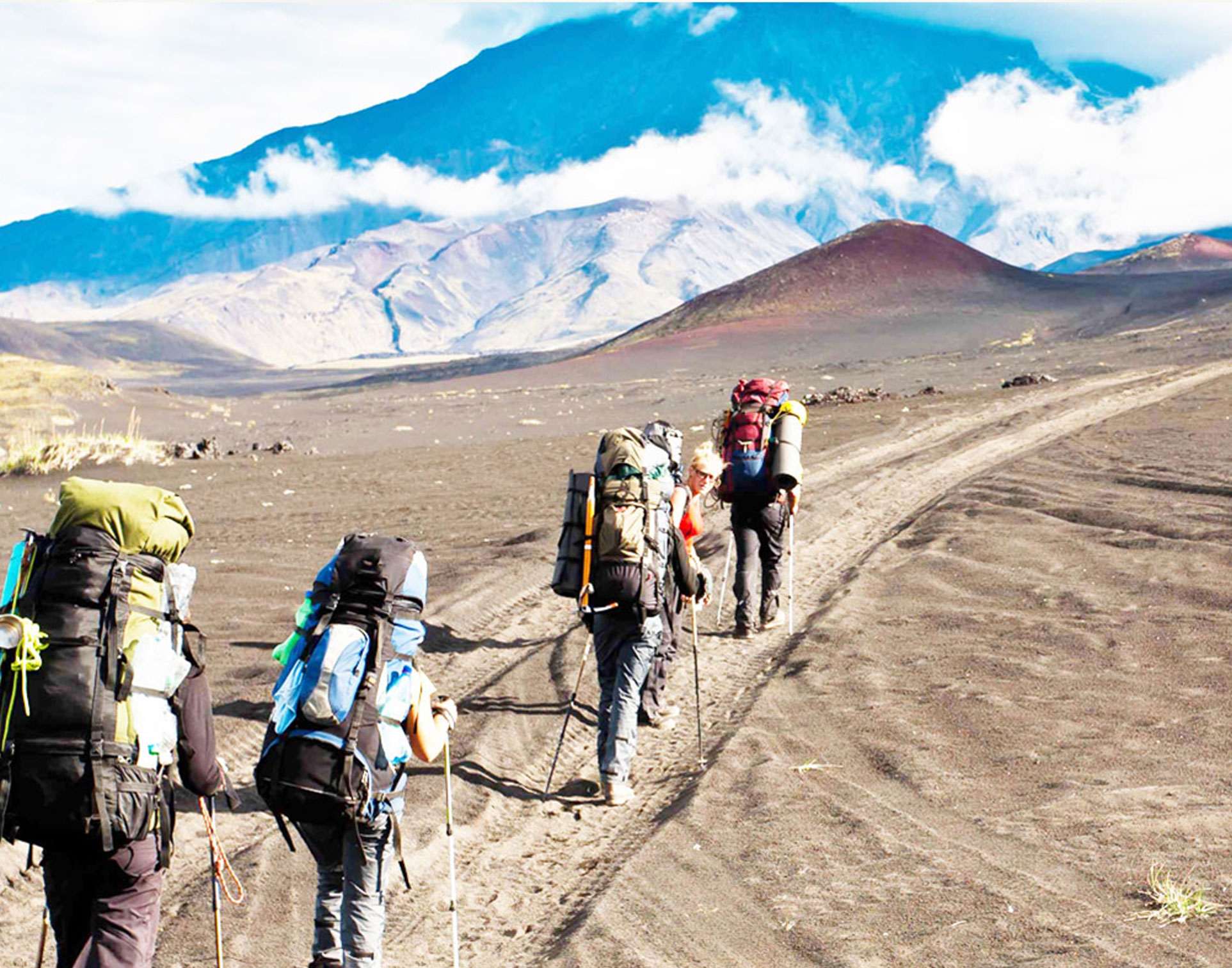
Lake Natron
Ascend the Oldonyo Lengai
Full Day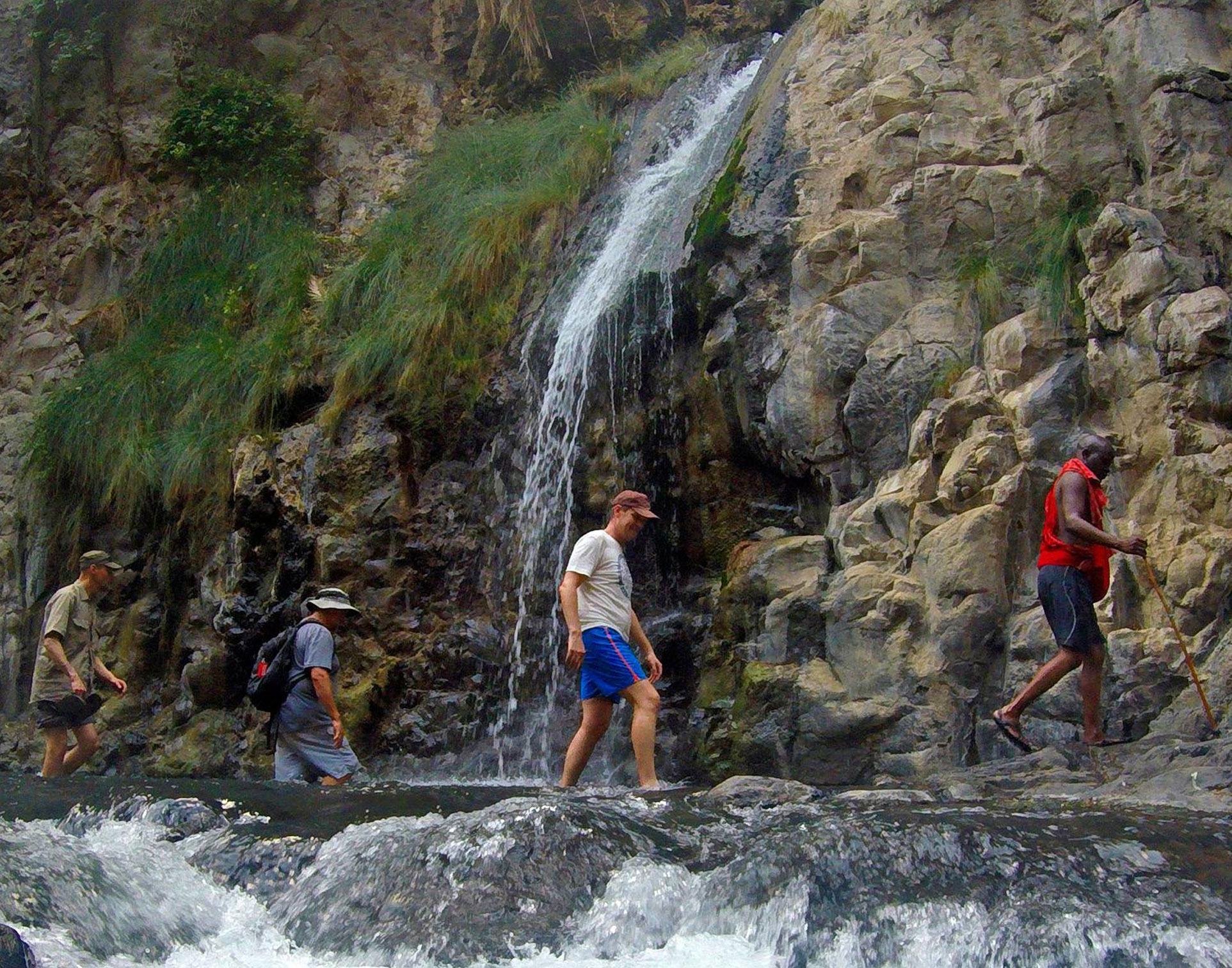
Lake Natron
Water Fall Walk
full-DayDestination
Cultural & Activities in Lake Natron
This 3-hour walk leads you to Lake Natron’s edge, where flamingos and pelicans flourish. With stunning Rift Valley views, expect to see gazelles and giraffes too. Guides share insights on birds and plants. Wear boots—mudflats may trap you, and jiggers could hide beneath the surface.
Explore Ngare Sero village on a 2.5-hour walk led by a local guide. Visit homes, shops, and a bar, meeting Maasai people along the way. This authentic cultural exchange brings the rhythms of village life to light and offers deep insight into community traditions and lifestyle.
This 7–10 hour overnight climb of Lengai, the active volcano sacred to the Maasai, demands fitness and determination. Start at 2 AM, reaching the summit by dawn. Guides are local, and climbers must bring torches. Steep, scenic, and smoky, this is one of Africa’s most unforgettable hikes.
Enjoy a 2.5-hour hike from camp into a lush gorge leading to a scenic waterfall. Wade through ankle- to waist-deep streams, swim in natural pools, and relax under the falls’ spray in a spot locals call “The Washing Machine.”
include
- Accommodation as specified in the Itinerary.
- Transport in a Private Safari Minivan in Kenya and 4X4 Land Cruiser in Tanzania with pop-up roof for game viewing and photography
- Services of an English-speaking driver-guide, game viewing drives and park entrance fees as indicated in the itinerary.
- All Government taxes and levies.
- Meals as indicated in the itinerary.
- Two-way long-range high-frequency radio communication in each vehicle.
- On safari accessories in each vehicle: First-aid kits, wildlife books, cool box and fire extinguisher.
- VAT & Concession fee
Excluded
- International flight fees and departure taxes
- Extras at the lodges or tented camps i.e. beverages and drinks, telephone, laundry etc.
- Tipping
- Visa Fees in Kenya and Tanzania
- Personal travel insurance
- Any other item not included in the itinerary
Travel Information
Entry & Exit Requirements
A tourist visa is required for entry. An e-visa can be obtained online in advance by completing the e-visa application form and making payment online with a credit card or bank transfer at http://www.immigration.go.tz.. Processing can take up to 10 days; please allow yourself sufficient time prior to travel. If the e-visa is approved, you will receive a “grant notice” via email. You must present a printed copy of the grant notice to the Immigration Officer on arrival at the airport in Tanzania.
All the clients must obtain a tourist visa upon arrival at the airport in Tanzania.
The fee is $100 each for USA and Canadian. Rest of the National, visa fees is US $ 50.00 each.
Please check with the Tanzanian Embassy for the requirements based on your
nationality.
Zanzibar
Zanzibar is a semi-autonomous region in Tanzania. Be prepared to show your passport and explain your visa status when entering or departing Zanzibar. Additionally, travelers to Zanzibar must complete an online Public Health Surveillance Form within 24 hours before arrival. This form is available at: https://healthtravelznz.mohz.go.tz/traveller.
Effective October 1, 2024, all foreign visitors to Zanzibar must purchase mandatory inbound travel insurance prior to their trip. This insurance must be acquired from the Zanzibar Insurance Corporation, even if travelers already have other travel insurance.
The government will provide a QR code to access the purchase link. The insurance is USD $44 per person and is valid for 92 days. Failure to comply may result in denied entry at immigration checkpoints. Health Information
Immunizations
The Centers for Disease Control recommends that all travelers be up to date on routine vaccinations such as measles-mumps-rubella (MMR) vaccine, diphtheria pertussis-tetanus vaccine, varicella (chicken pox) vaccine, and your yearly flu shot before every trip.
There are no vaccinations required for entry into Tanzania or Zanzibar, unless you are traveling from a country where yellow fever transmission is a risk, in which case proof of yellow fever vaccination is required.
Additionally, the CDC recommends inoculation against hepatitis A, hepatitis B, and typhoid for most travelers to Tanzania.
Please consult your physician for additional information and recommendations based on your individual circumstances.
Malaria
The CDC warns that travelers to Tanzania may be at risk for exposure to malaria. Malaria is caused by a parasite found in Anopheles mosquitos, which are active from dusk until dawn. Prevention is twofold: the use of anti-malarial drugs and the prevention of insect bites. If you choose to use an anti-malarial drug, as recommended by the CDC, see your physician for a prescription.
To protect against mosquitos and other biting insects, cover exposed skin with lightweight, long-sleeved shirts and pants, consider treating clothes with permethrin, and use an insect repellent containing an active ingredient like DEET or picaridin.
Apply sunscreen first, followed by the repellent (preferably 20 minutes later).
Other Insect-Borne Illnesses
In addition to malaria, the CDC warns that travelers may be at risk for other illnesses transmitted by mosquitos, ticks, or sand flies, such as dengue fever, chikungunya, African tick-bite fever, and others. Travelers are advised to protect themselves against insect bites using the measures noted above.
After spending time outdoors, especially in grassy or wooded areas, the CDC recommends showering and conducting a full-body check for ticks. If you find a tick attached to your skin, safely remove it as soon as possible.
Wildlife
Follow all instructions from your guides regarding wildlife. Animals may become aggressive to protect themselves, their young or their mates, or to guard a food supply.
Do not make sudden movements either toward or away from them, as this may be interpreted as threatening or territorial. Avoid stray dogs, as they may carry rabies. In the unlikely event of being bitten, clean the wound and control bleeding. Seek medical attention immediately.
Parasites & Bacteria
Avoid swimming or bathing in freshwater lakes or rivers. Some freshwater bodies contain disease-causing parasites or bacteria that may be contracted through contact with infected water.
Sun Exposure
The effects of the sun can be damaging to the eyes and skin. Spending time outdoors exposes you to the sun’s harmful ultraviolet (UV) rays, even on cloudy days. To protect yourself from the sun, use a broad spectrum sunscreen of at least SPF 15, protect skin with clothing, wear a wide-brimmed hat and sunglasses, and drink plenty of fluids.
Cpap Machines
Some safari lodges and tented camps in remote areas of Tanzania supply electricity through generators or solar power, and shut off electrical power during part of the night in order to conserve energy. If you use a CPAP machine, please be prepared to bring a battery pack (and any necessary cables) to power your equipment when electricity is not available. The battery pack can be charged during the day in preparation for night time use. Please be aware that if you do not have a battery pack, some lodges may assess a fee to run electricity Generators through the night.
Travelers Diarrhea
The CDC warns that travelers’ diarrhea is one of the most common travel-related illnesses worldwide. Consumption of contaminated food and water may cause diarrhea. To avoid this, do not drink tap water, and use bottled water to brush your teeth. Avoid ice and uncooked vegetables or fruit without a peel. When in doubt, ask your guide. Restrict yourself to cooked food at restaurants, and avoid food sold on the streets. If you contract diarrhea, it is important to drink large quantities of purified water. Consult your doctor for appropriate medication should you experience diarrhea.
Respiratory Illness Protocols
Please review our Respiratory Illness Protocols page, which explains our policy and procedures if you or another traveler should develop symptoms of a respiratory illness during your trip. Your participation in a Holbrook Travel program indicates that you are in agreement with these protocols.
Currency
The currency of Tanzania is the Tanzanian Shilling.
Electricity
The electrical current in Tanzania is 220V 50Hz AC. Travelers from the United States need to use a converter.
Time Zone
The time zone of Tanzania is East Africa Time Zone (UTC+03:00).
Tanzania does not observe Daylight Saving Time.
Departures and arrivals on flight schedules are listed in the local time.
Communications
Phones
Tanzania’s country code is +255.
Please check with your cell phone provider if you’re unsure whether or not your cell
phone will work internationally. Be aware that you are likely to incur additional
charges for international use. It may be more affordable to purchase a local SIM card
upon arrival.
Internet
Internet is not reliable in Tanzania, but major cities often have cafes and hotels that
offer WiFi.
Departure Dates
Ground Transport 4X4
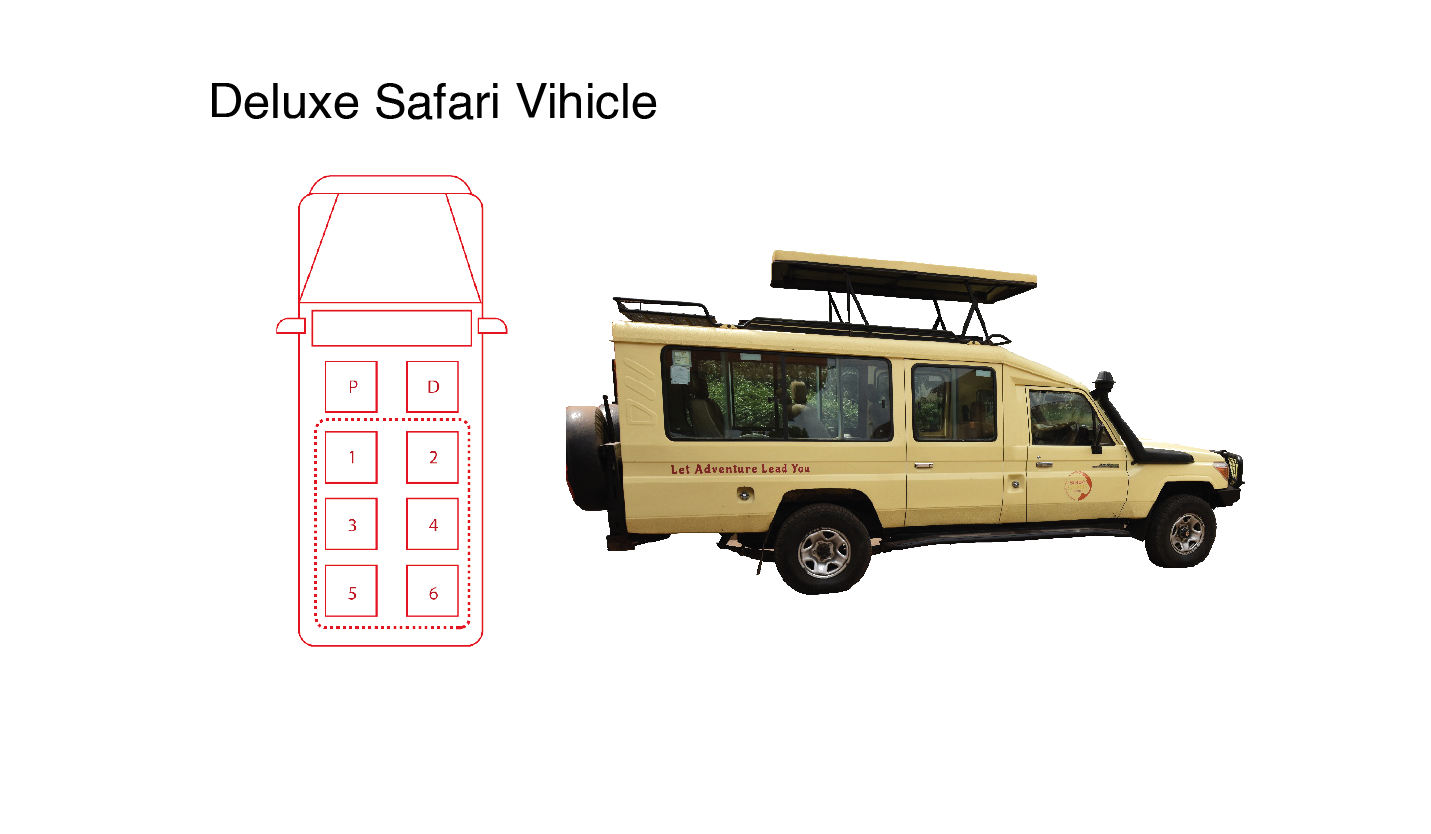
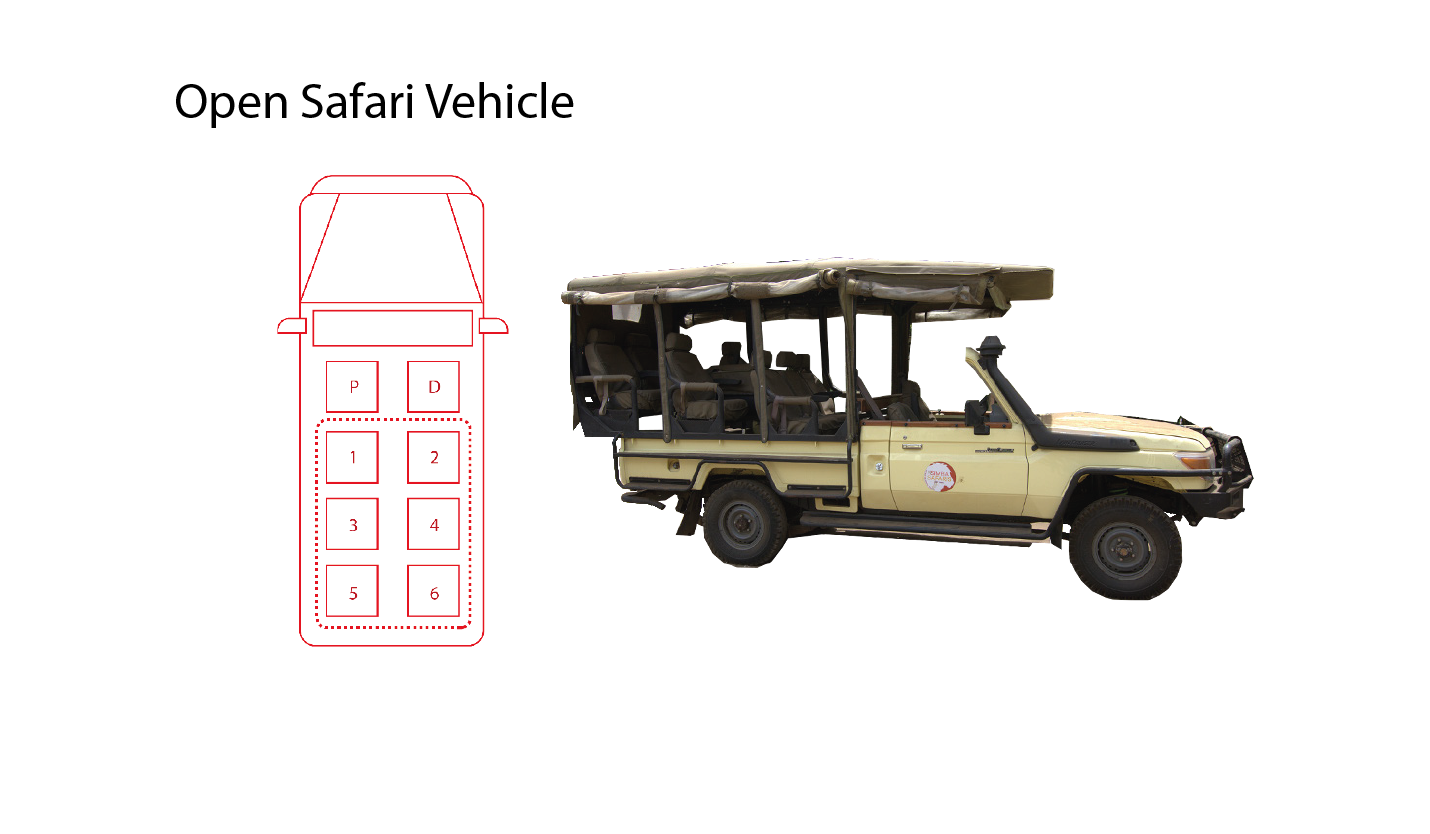
Open safari vehicles are available for use exclusively within the Serengeti, subject to a supplementary cost. This option is only applicable for safaris booked on a sole-use basis
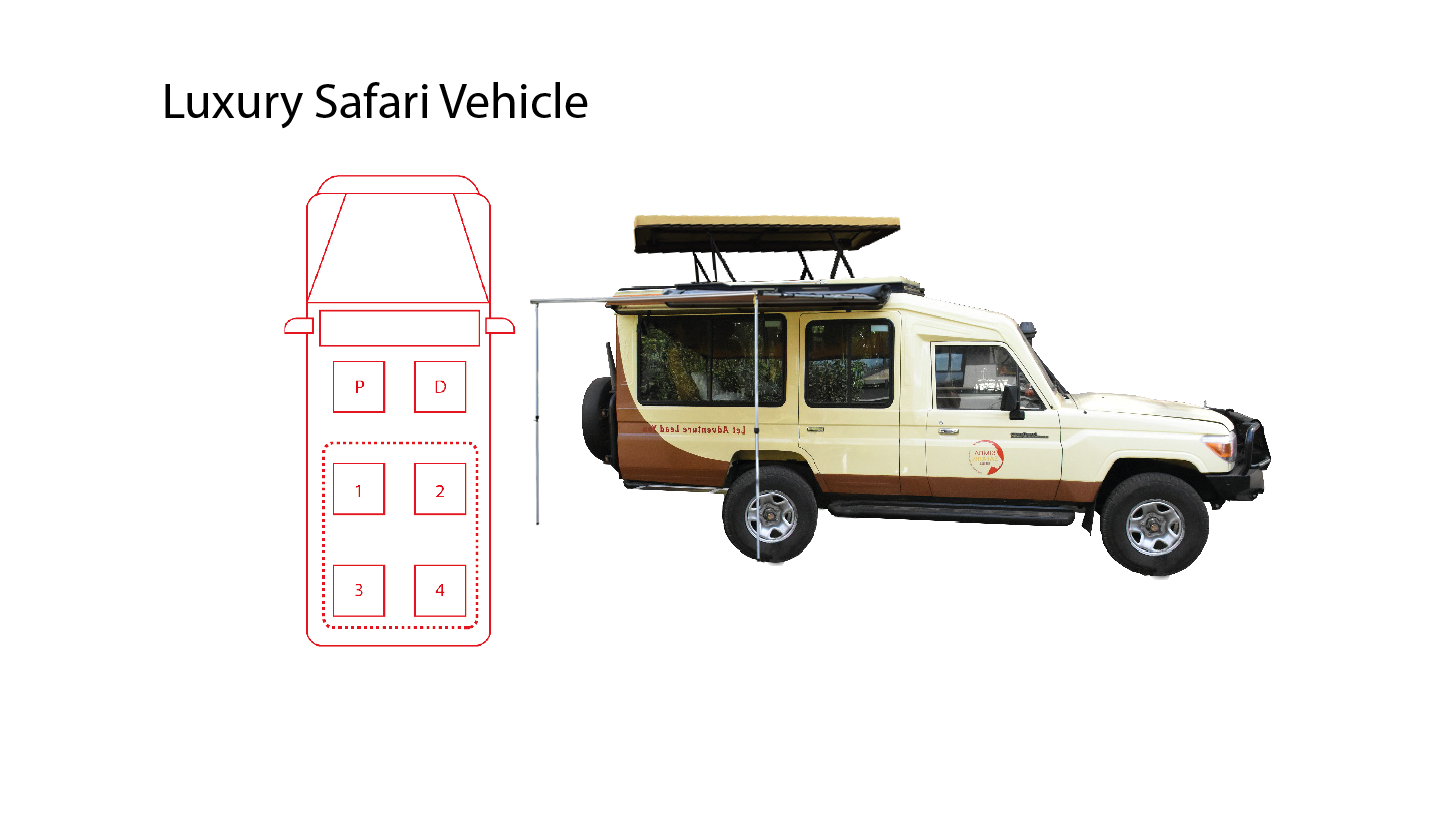
Luxury safari vehicles are available for private bookings at an additional supplement cost, ensuring a personalized and exclusive safari experience.
We share the Heart of Tanzania with every Guest and bring its warmth to you – the adventurer!
Firoz Simba
Founder, Simba Safaris
In our hearts beats a deep love for Tanzania, a place we hold in the highest regard. Our mission is to share the warmth and friendly spirit of the Tanzanian communities with every guest who goes on this incredible journey. To achieve this, we've assembled a team of expert hosts, guides, and excursion managers who share our passion for this country. It's our dream and privilege to open its entrances to people from around the world. We eagerly anticipate the day we welcome you to Tanzania, to share the special gift that is this extraordinary land.
complete the form to express your interest
SECURE YOUR PLACE
Some of our most popular trips to inspire your very own Tanzania safari adventure
life breath taking moment in tanzania safari
FEATURE SAFARI TOURS
The Simba Safaris Advantage
Why Travel With Us

